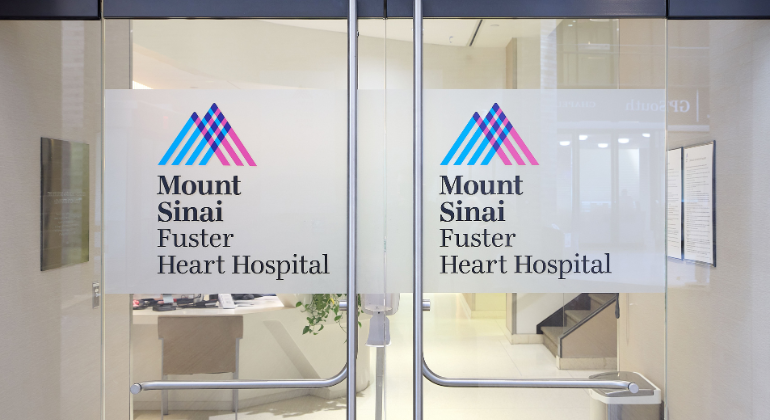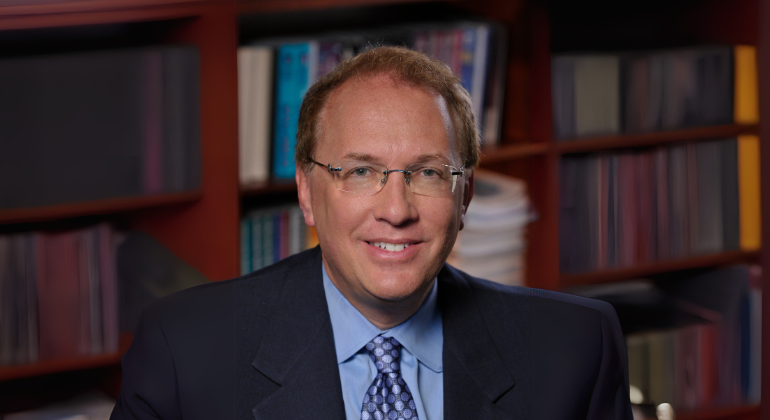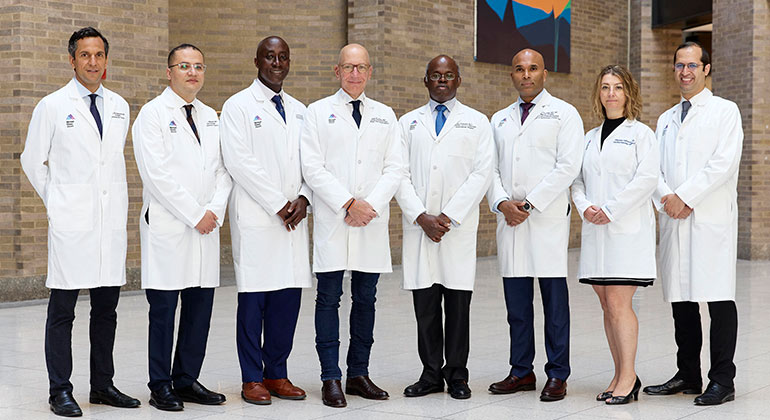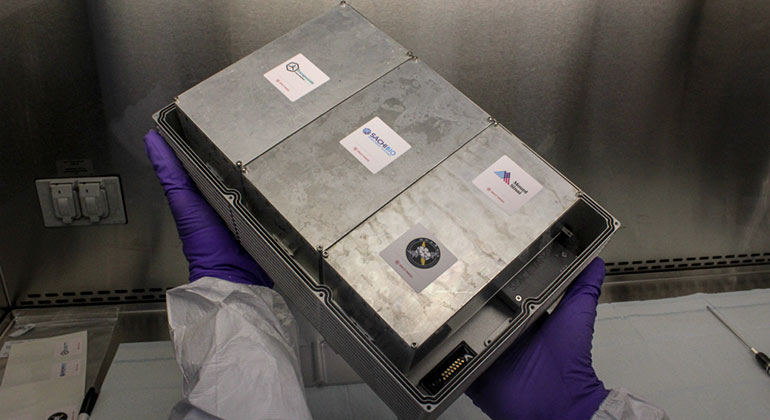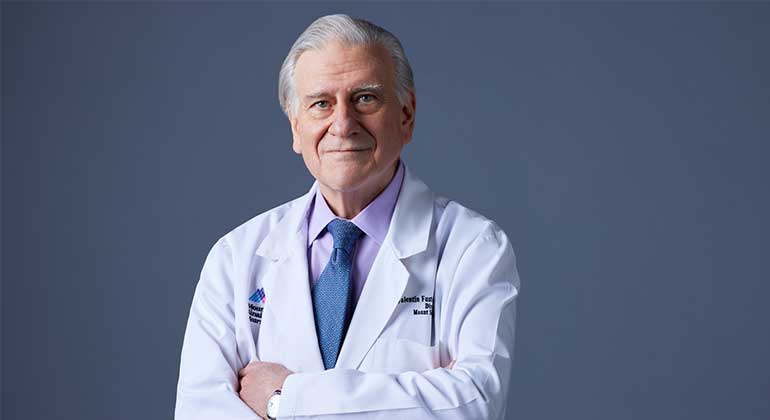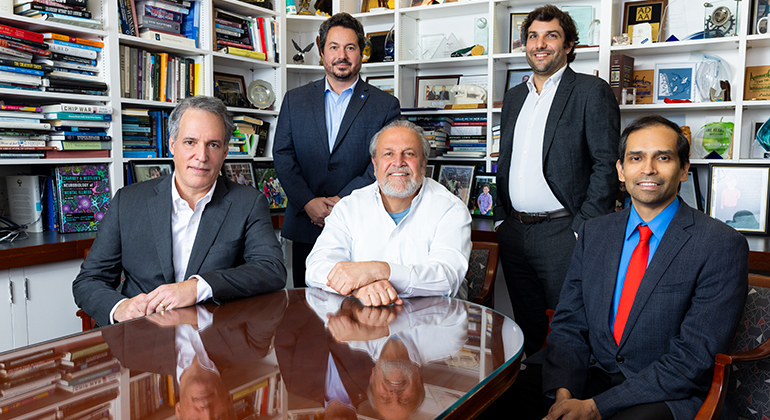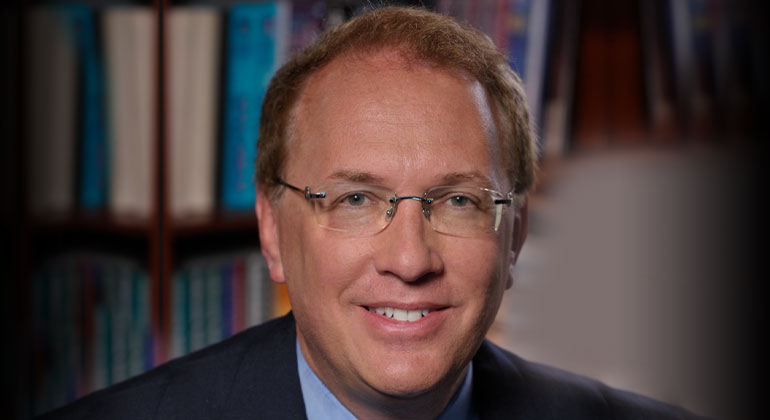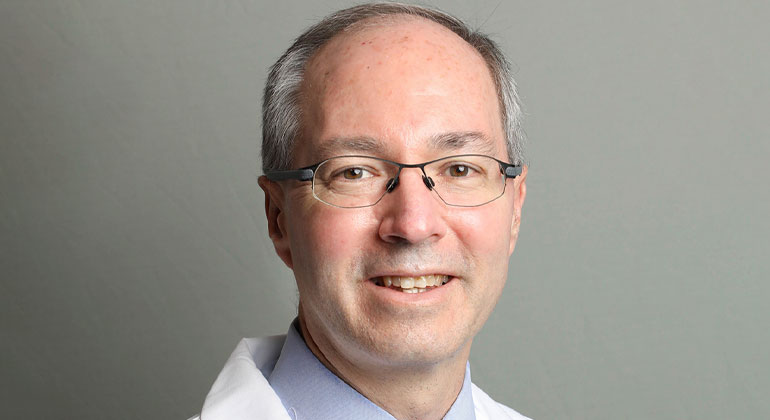New SPECT Nuclear Cardiology Camera Reduces Time, Discomfort, and Radiation Exposure for Patients
The Mount Sinai Medical Center is the first in the US to commercially use a new cardiac nuclear imaging system that drastically reduces imaging time and radiation exposure.
The Mount Sinai Medical Center has become the first in the United States to commercially use a new cardiac nuclear imaging system by GE Healthcare, a cadmium zinc telluride (CZT)-based high-speed, high-resolution camera that drastically reduces imaging time for patients while also reducing radiation exposure compared to previously used technologies.
“The device provides detailed pictures of the heart that enable Mount Sinai physicians to quickly and more accurately assess the location, extent, and severity of heart disease," said Milena J. Henzlova, MD, Professor of Medicine (Cardiology), Mount Sinai School of Medicine. “The new CZT-based nuclear cameras have already made a big difference in evaluating our patients for coronary artery disease. In addition to significantly reducing patient radiation exposure and increasing the number of patients we can examine each day, this technology provides a cost-effective way for us to diagnose heart disease quickly and with confidence so that patients receive treatment sooner."
With conventional nuclear cardiac imaging, patients must hold their arms above their head for two cardiac scans that take between 15-20 minutes each. With the Discovery NM 530c, the scanning time is reduced to 3-5 minutes for each scan. This reduction can be more comfortable for a patient, and it can possibly reduce imaging artifacts caused by patient movement. A shorter, more comfortable scan has the opportunity to improve image quality, allowing Mount Sinai clinicians to be more confident in their diagnosis.
At the recent American College of Cardiology annual scientific session in Atlanta (ACC.10), Dr. Henzlova and colleagues presented data showing that the new CZT camera technology also improves cardiac imaging while reducing radiation exposure. Patients in their study were divided into three groups based on the type of test they received to evaluate their heart health: a cardiac stress test with a low isotope dose, a cardiac stress test with a high isotope dose, and the traditional two part test where the patient is given a low dose of radiation while resting and a high dose during a stress test. Researchers compared the image quality using all 3 different isotope doses using the Discovery camera. Results showed that the proportion of patients with excellent or good image quality was similar in all 3 groups (91-98 percent). However, compared to the traditional testing in the rest-stress group, radiation was decreased on average by 70 percent in the low dose stress-only group and by 30 percent in the high dose stress-only group.
Alcyone technology consists of four elements:
- CZT (cadmium zinc telluride) detectors - For improved image resolution;
- Focused pin-hole collimation - For improved detection efficiency, resulting in greater image clarity and speed;
- Stationary data acquisition – All views are acquired simultaneously during a fully stationary SPECT acquisition. This huge decrease in moving parts virtually eliminates the risk of motion artifacts and significantly shortens scan times;
- 3D reconstruction – To generate accurate and easily interpretable images of the myocardial region.
Nuclear cardiology studies are an important diagnostic test for detecting the presence of cardiovascular disease (CVD), the single leading cause of death in the U.S. today. According to the American Heart Association (AHA), approximately 1 in 3 deaths are attributed to CVD and, as the baby boomer generation ages, it is expected that these statistics will continue to rise. Yet CVD is a disease of all ages. In 2005, the AHA reported that approximately 151,000 Americans under the age of 65 died from CVD.
About The Mount Sinai Medical Center
The Mount Sinai Medical Center encompasses The Mount Sinai Hospital and Mount Sinai School of Medicine. The Mount Sinai Hospital is one of the nation’s oldest, largest and most-respected voluntary hospitals. Founded in 1852, Mount Sinai today is a 1,171-bed tertiary-care teaching facility that is internationally acclaimed for excellence in clinical care. Last year, nearly 60,000 people were treated at Mount Sinai as inpatients, and there were nearly 450,000 outpatient visits to the Medical Center.
Mount Sinai School of Medicine is internationally recognized as a leader in groundbreaking clinical and basic science research, as well as having an innovative approach to medical education. With a faculty of more than 3,400 in 38 clinical and basic science departments and centers, Mount Sinai ranks among the top 20 medical schools in receipt of National Institute of Health (NIH) grants. For more information, please visit www.mountsinai.org.
About the Mount Sinai Health System
Mount Sinai Health System is one of the largest academic medical systems in the New York metro area, with 48,000 employees working across seven hospitals, more than 400 outpatient practices, more than 600 research and clinical labs, a school of nursing, and a leading school of medicine and graduate education. Mount Sinai advances health for all people, everywhere, by taking on the most complex health care challenges of our time—discovering and applying new scientific learning and knowledge; developing safer, more effective treatments; educating the next generation of medical leaders and innovators; and supporting local communities by delivering high-quality care to all who need it.
Through the integration of its hospitals, labs, and schools, Mount Sinai offers comprehensive health care solutions from birth through geriatrics, leveraging innovative approaches such as artificial intelligence and informatics while keeping patients’ medical and emotional needs at the center of all treatment. The Health System includes approximately 9,000 primary and specialty care physicians and 10 free-standing joint-venture centers throughout the five boroughs of New York City, Westchester, Long Island, and Florida. Hospitals within the System are consistently ranked by Newsweek’s® “The World’s Best Smart Hospitals, Best in State Hospitals, World Best Hospitals and Best Specialty Hospitals” and by U.S. News & World Report's® “Best Hospitals” and “Best Children’s Hospitals.” The Mount Sinai Hospital is on the U.S. News & World Report® “Best Hospitals” Honor Roll for 2025-2026.
For more information, visit https://www.mountsinai.org or find Mount Sinai on Facebook, Instagram, LinkedIn, X, and YouTube.
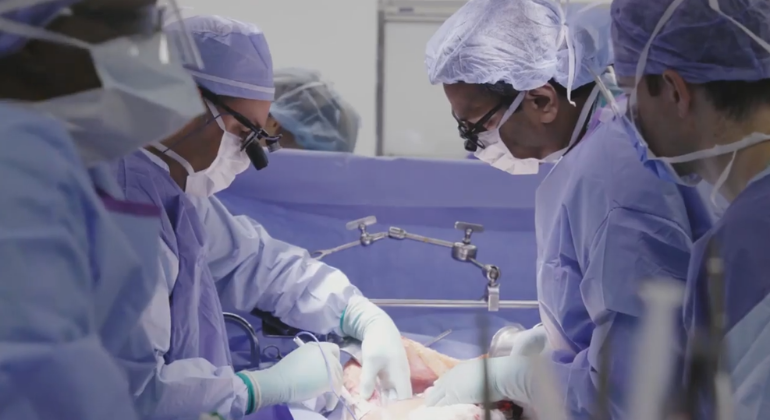
Mount Sinai Surgeons Perform First Heart-Liver-Kidney Transplants in New York State
May 20, 2025 View All Press Releases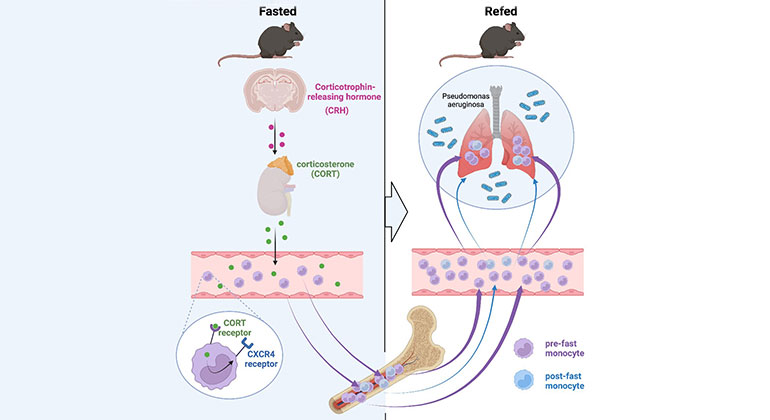
Skipping Breakfast May Compromise the Immune System
Feb 23, 2023 View All Press Releases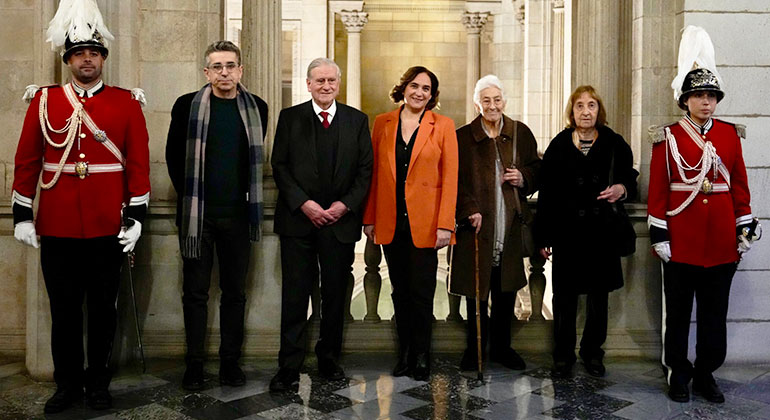
Valentin Fuster, MD, PhD, Receives Prestigious Award from City of Barcelona, Spain
Jan 23, 2023 View All Press Releases